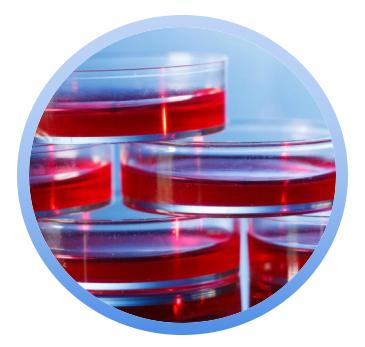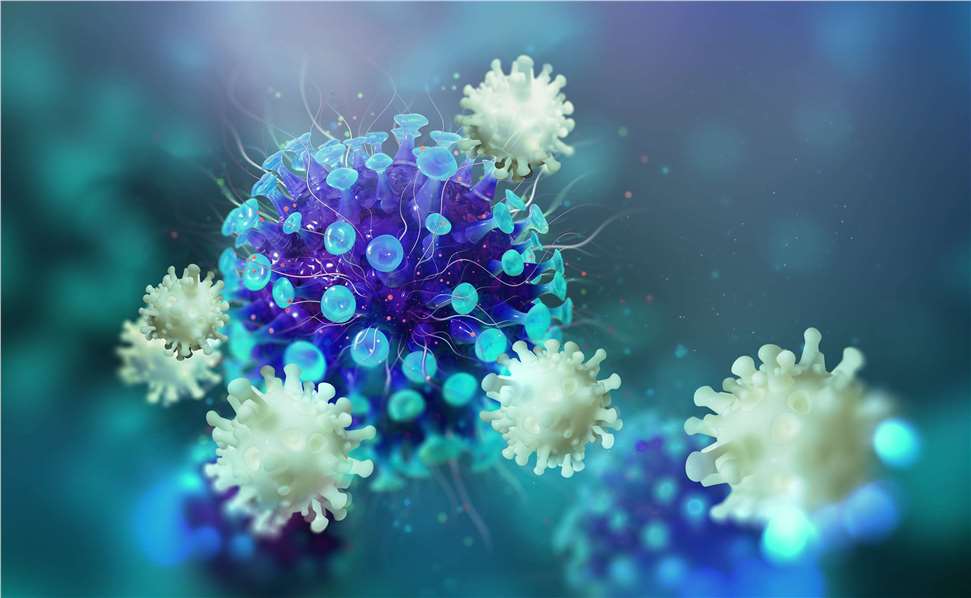
At CD BioSciences, we offer comprehensive Cell-Based Assay Services tailored to the study and treatment of Human Herpesvirus (HHV). Our services are designed to support pharmaceutical companies, biotech firms, and research institutions throughout the preclinical phase of HHV-related drug development. By utilizing cutting-edge technologies and scientific expertise, we provide high-quality, reliable, and reproducible results that accelerate your research.
We understand the complexities of HHV biology, including latency, reactivation, and viral replication. Our cell-based assays are critical tools for studying these processes in the laboratory setting. Our offerings include:
Custom Cell Line Development
Cell lines are essential for conducting cellular assays, offering a controlled environment to test antiviral compounds or study viral biology. At CD BioSciences, we specialize in custom cell line development tailored to specific HHV strains. Whether you need cell lines expressing viral receptors or engineered for high-level viral replication, our team can create cell lines that suit your precise research needs. This service ensures that you have the right biological model for your study, enabling accurate and relevant data.
Latency & Reactivation Models
HHV is notorious for its ability to establish latency in host cells, where the virus remains dormant before reactivating. This phenomenon complicates drug discovery, especially when evaluating antiviral agents that must prevent both active infection and latent virus reactivation. Our Latency & Reactivation Models are developed using human cell lines that can harbor latent HHV infections, offering an ideal platform to study reactivation triggers and the impact of antiviral therapies.
Our team has experience working with various HHV types, including HHV-1, HHV-2, HHV-3, and HHV-4, ensuring that we can provide reliable latency models for diverse applications.
Co-culture Models

Co-culture systems are designed to mimic the complex interactions between HHV and host cells. These models are particularly valuable for studying how HHV affects immune responses, as well as for evaluating the efficacy of combination therapies. CD BioSciences develops co-culture models that allow for simultaneous infection of multiple cell types, enabling you to study virus-host interactions under realistic conditions. Whether it's a model involving immune cells or epithelial cells, our co-culture systems provide a rich experimental environment.
Organoid & 3D Tissue Models
We also offer organoid and 3D tissue models, which more accurately represent the architecture of human tissues compared to traditional 2D cell cultures. These models are particularly advantageous when studying HHV interactions with complex tissues, such as the central nervous system, skin, or mucosal barriers. 3D tissue models provide enhanced predictive value, offering better insights into the virus's behavior in vivo. These models are ideal for preclinical testing, helping to identify potential therapeutic candidates and biomarkers for HHV infection.
Why Choose CD BioSciences for Cell-Based Assay Services?
At CD BioSciences, our cell-based assays are supported by:
- Expertise in HHV research: We specialize in the biology of human herpesviruses, which allows us to design more precise assays and offer better insights into viral behavior.
- Cutting-edge technologies: We use the latest advances in cell biology, including CRISPR/Cas9 gene editing, to create custom cell lines and models.
- High-quality standards: Our services adhere to strict quality control protocols, ensuring reproducibility and accuracy in every experiment.
- Tailored solutions: We understand that each research project is unique. That's why we offer custom solutions that meet the specific needs of your study, whether you're developing antivirals, vaccines, or studying immune responses.
- Comprehensive support: From early-stage research to preclinical evaluation, our team provides full-service support, including data analysis and guidance on experimental design.
References
- Smith, J., & Williams, A. (2023). Human Herpesvirus Latency and Reactivation: Mechanisms and Therapeutic Targets. Journal of Virology, 15(2), 34-45.
- Clark, L., et al. (2022). 3D Tissue Models for Viral Infection Studies: Advancements in HHV Research. Cell Biology Review, 18(3), 123-134.
- Lee, R., et al. (2024). Innovations in Custom Cell Line Development for HHV Research. Biotechnology Advances, 10(1), 57-72.
FAQs
Custom Reviews
Review 1:
"CD BioSciences has been an invaluable partner in our HHV research. Their custom cell lines and latency models have helped us accelerate our drug discovery process. The quality and reproducibility of their assays are outstanding."
Review 2:
"We have been using CD BioSciences' 3D tissue models for our studies on HHV-1 and HHV-3. Their team provided expert guidance throughout the project, and the results have been highly promising for our antiviral development."